
EURA 2025 – Deadline for submissions alert!
15/10/2024
Urban Regeneration Talk #5, Poland
29/10/2024Conversation #66
Renewing Urban Renewal
by Sonia De Gregorio Hurtado Universidad Politécnica de Madrid, Spain
and Karsten Zimmermann Dortmund Technical University, Germany
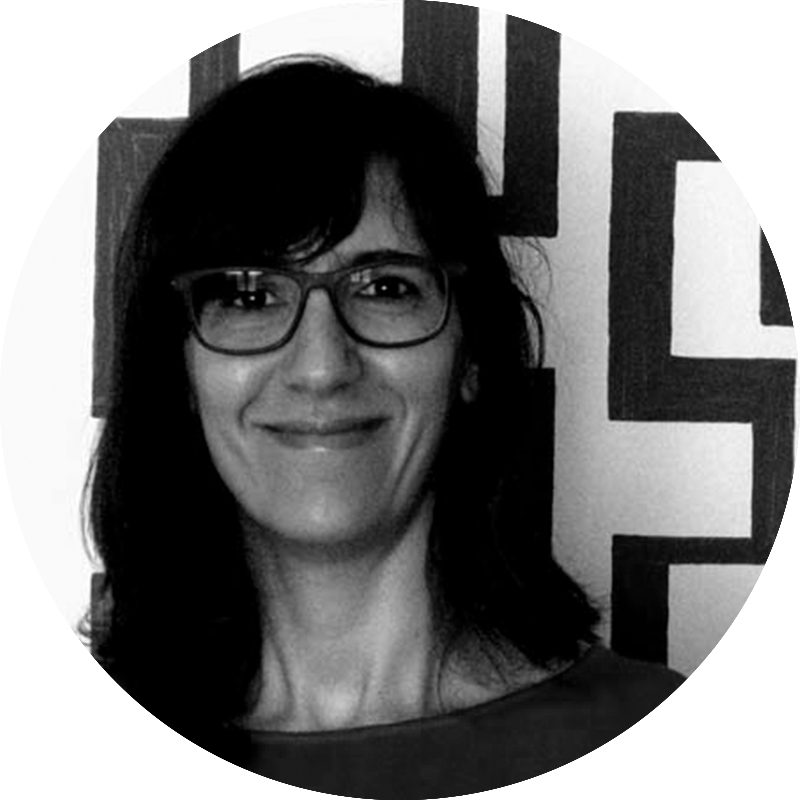
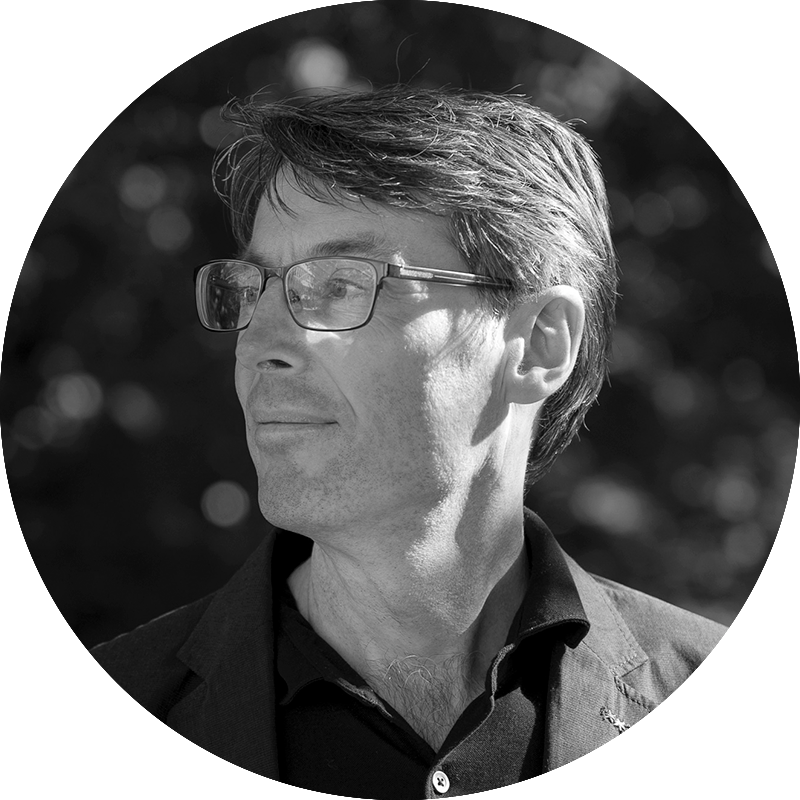
Duisburg Urban Zero is the title of an urban regeneration project currently implemented in the neighbourhood of Duisburg-Ruhrort. The goal of this initiative is to create a pollution free neighbourhood by 2029. This includes the installation of renewable energy facilities, implementing the circular economy of land and green infrastructure and happens in the context of a post-industrial city being the biggest inner harbour in Europe. The case of Duisburg-Ruhrort demonstrates an eventual shift in the direction of urban regeneration and how this affects a typical urban regeneration area (i.e. a working class neighbourhood in a legacy city in the sense of Mallach and Brachmann, 2013). With climate emergencies and local green deals upsurging, the purpose of urban regeneration is changing. New issues such as renewable energies, preparedness for climate change (Climate Improvement Districts, Positive Energy Districts) and nature-based solutions are at the very front. In addition, re-industrialization and the creation of new spaces of production have emerged (shared working). We also observe new governance techniques and experimental collaborative approaches such as living labs and temporary interventions.
Along with this emerging trend, urban regeneration is committed to the goal of social cohesion. The concept of the “just city” is still continuing to nurture urban policies that address social inequality through an integrated approach. Nevertheless, these policies are evolving from the “traditional” regeneration practice consolidated in the 1990s, by incorporating ecological concerns and climate change, the digital transition, interdepartmental collaborative governance, and social innovation approaches. Local communities are crucial partners in these experiences. An inspiring example is the Neighbourhood Plan – Pla de Barris – of Barcelona, a municipal programme that focuses its resources on vulnerable neighbourhoods and that gives continuity to the experience of the successful Neighbourhood Law – Ley de Barrios – of Cataluña (2004). The Duisburg-Ruhrort and the Barcelona cases are examples of the very diverse trajectories of urban regeneration that coexist in the European context in the moment.
Against this backdrop, a lecture series of the EURA Working Group on Urban Regeneration, called Regeneration Talks, has given us the opportunity to discuss these trends in a comparative perspective. So far, the cases of Germany, Spain, Italy and Ireland have been presented. The Regeneration Talks have shown that the various tiers of government are performing different roles with regard to urban regeneration policies: regulators, coordinators, investors, partners of the market, supporters, educators, etc. At the same time, we found that the state has lost direction in urban regeneration, the tangible result being a lack of reliability in terms of funding and a somewhat unclear idea of which urban areas should be the beneficiaries of urban regeneration programmes (core cities, towns in rural regions, places left behind). In terms of instruments and strategies, there is an increasing diversity and this makes the current period distinct from earlier periods, in particular the late 1990s/early 2000 when EU Urban Policy was quite influential and exerted a homogenizing effect.
With presentations on urban regeneration in Poland and France yet to come in autumn 2024, we can clearly say homogenizing trends are not really visible and the urban regeneration policy domain will probably become even more complex and diverse. Tempting ideas such as the place-based approach lost relevance and new policy leading ideas are barely visible on the horizon, while bottom-up initiatives are gaining capacity to lead regeneration processes, with interesting innovations resulting from informal instruments. Hence, the question is: are the established instruments fit for purpose? A second issue emerging is: with suburban areas and small towns increasingly being the centre of attention: has urban regeneration as a big city policy lost momentum and sense of direction? And a third axis to reflect on is: In a changing global scene of crisis that affects cities, will urban regeneration evolve or will it lose step?
Information on the regeneration talks can be found HERE.
Next talk scheduled fot 19th of November 15:00 (CET) on Poland, with Prof. Iwona Sagan (University of Gdansk) and Maja Grabowska.
Stay tuned or register to the EURA newsletter to receive information on coming EURA Regeneration Talks.
Acknowledgement: We owe a debt of gratitude to the members of the working group, in particular to the colleagues doing presentations: Uwe Altrock, Álvaro Cerezo Ibarrondo, Carolina García Madruga, Brendan Williams, Paula Russel, Cristiana Rossignolo, Carla Tedesco, Francesca Bragaglia, and Ignazio Vinci.
References:

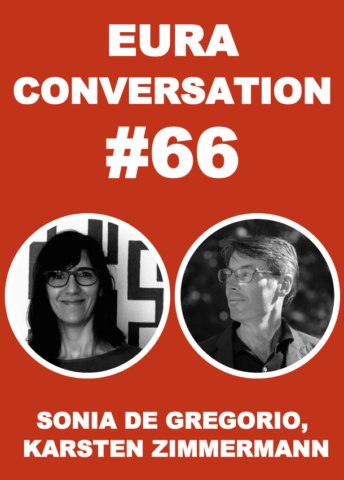
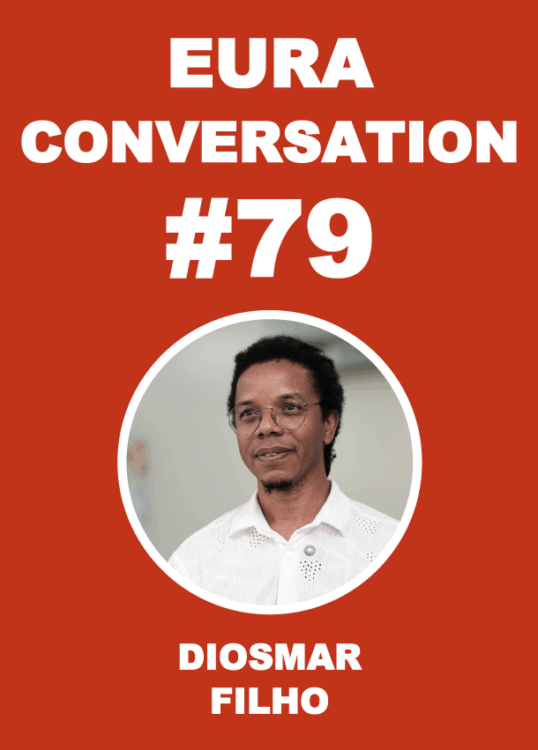
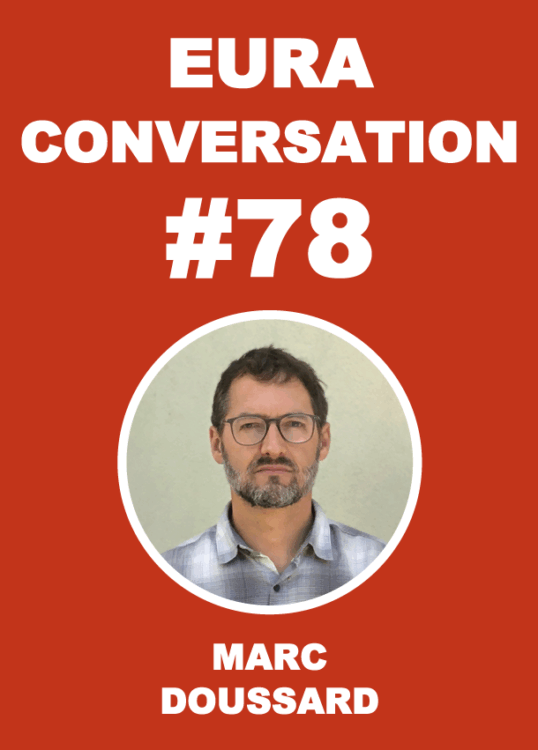
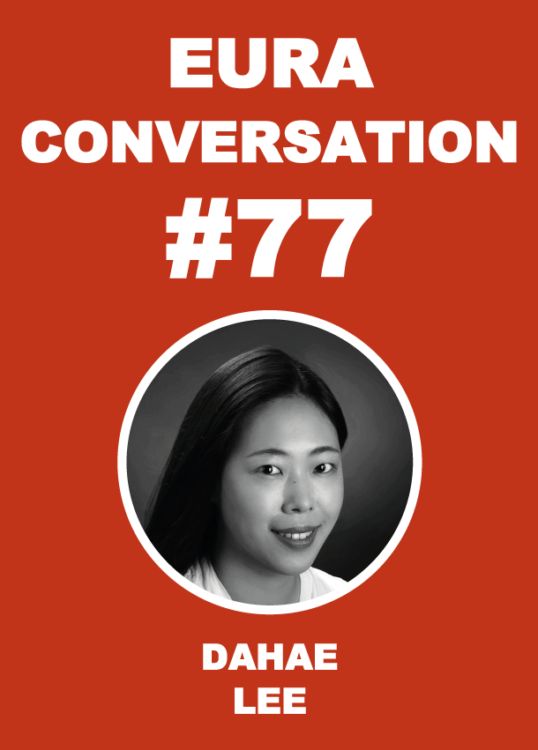


Thanks to De Gregorio Hurtado and Zimmermann for providing your insights from your cases and the working group and for raising very interesting questions. In Denmark, similar trends are occurring towards increased diversity in strategies and instruments, especially at local levels concerning the development of informal non-statutory plans. This is not only the case in relation to regeneration efforts, but in a wider setting of local governance and planning for urban neighborhoods, suburbs, small towns and villages throughout the country.
In a current research project at Aalborg University (tick the English version), we have screened the entire country for this phenomenon and found more than 1,000 active examples. They are holistically oriented non-mandatory neighborhood level strategies and plans, e.g. integrating a mixture of paradigms and hence not being dominated by developer-led approaches but including wider social, environmental and now also climate perspectives. This is remarkable, as Denmark has a very decentralized planning system with significant local planning powers and very strong statutory municipal and local plans with both strategic and land use regulatory instruments embedded. It is even more remarkable considering that it is almost entirely the municipalities themselves who facilitates and helps to build those new planning spaces.
We are currently delving into 13 cases to study and learn from this, however we can already see how such plans are used to create a more accessible local planning language, build bridges between top-down strategies and bottom-up citizen needs, and sometimes renew and innovate statutory planning. ‘Big agendas’ are increasingly entering local settings and fostering more complex local strategy-making initiatives. On the other hand, while such plans can be argued to be fit for purpose, links between statutory and non-statutory planning spaces are continuously a challenge, and the widening use of such plans is also increasing the need for coordination between the non-statutory plans themselves.